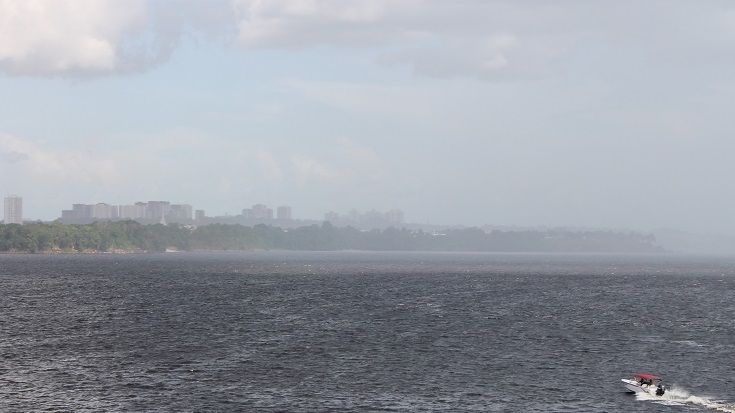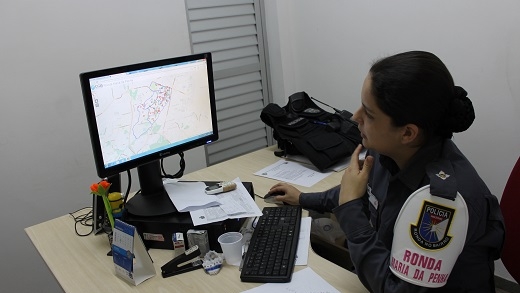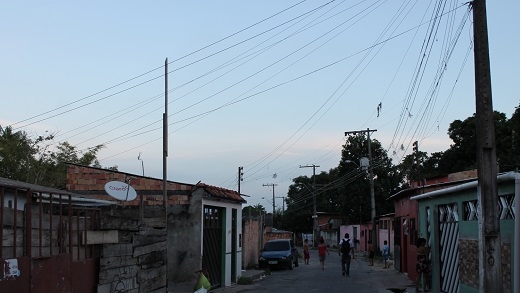Seen from above, the state of Amazonas presents a vast panorama of forests, with rivers everywhere. The fact is that this largest Brazilian state exceeds in area the entirety of the country’s southern and southeastern regions. Seen from close up, however, it also presents colossal challenges. Let’s consider these.
1. It is one of Brazil’s most isolated states
With only 2.23 residents per square kilometer, Amazonas has the second lowest population density of any Brazilian state, ranking behind only Roraima (which is also in the North). There’s more: practically speaking, its capital city, Manaus, can be reached only by air or boat (cars must enter via Roraima). Given this scenario, one can imagine the challenges that must be met in order to provide quality public services to the most isolated population groups, including services in the areas of public safety and protection of women.
2. It is becoming an arena for new experiments in deterring violence against women
“The office of the executive secretary of policy toward women offers different types of the State’s professionals, such as the police, training in the enforcement of the Maria da Penha Law both in Manaus and in the interior. Furthermore, in order to deal with the problem of isolation, the State has found innovative ways to provide services to women through use of mobile units like boats and buses,” World Bank economist Laura Zoratto observes. The Bank is spearheading a project designed to promote gender equality in Amazonas and address other issues. The partnership it signed with the state in May 2014 supports an expansion of these efforts.
It is important to emphasize that the state’s homicide rate per 100,000 women is one of the lowest in Brazil, but it is frighteningly high when the figures for the capital city are viewed separately. In 2010, Manaus had the third highest rate of gender violence in Brazil, with 11.5 women killed per 100,000 people.
3. It will improve revenue collection and control spending in order to provide better public services
Besides promoting the rights of women in Amazonas, the project will benefit the economy and public safety as a whole. The State will be able to implement the Electronic Invoice (Nota Fiscal) system at the consumer level, reform competitive bidding procedures to make them more transparent and efficient, and integrate the agencies that are responsible for public safety.



